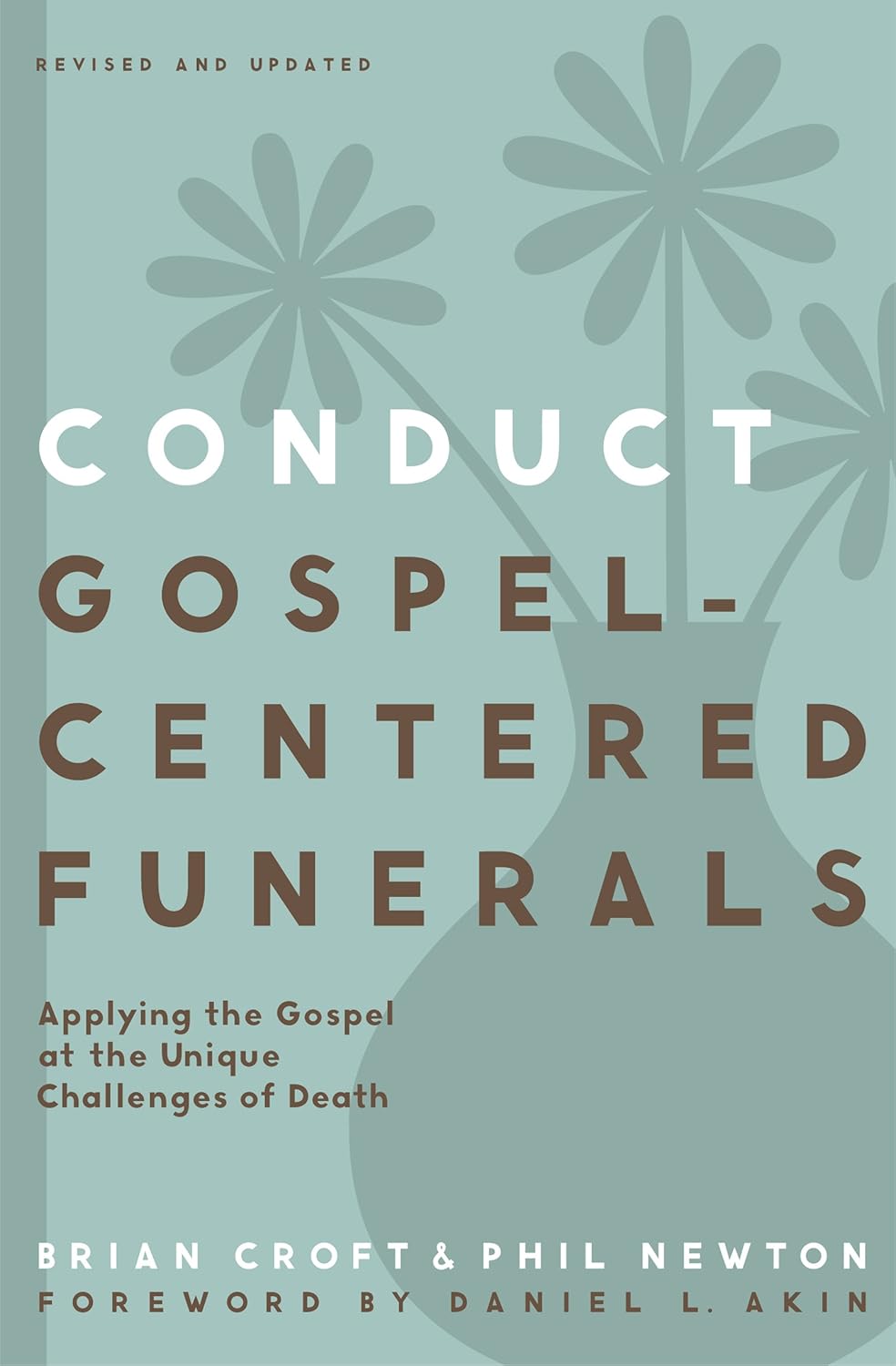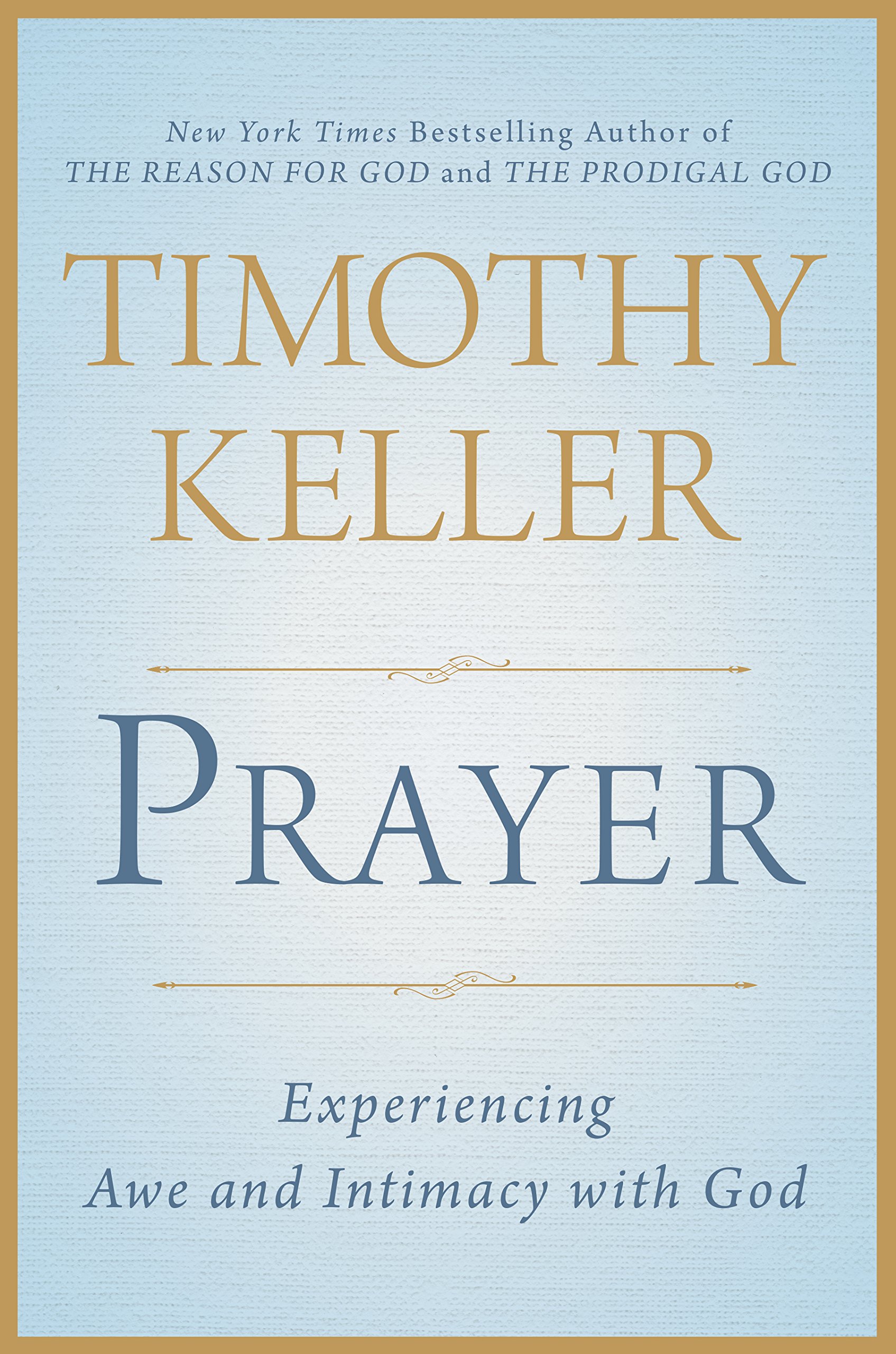 As we begin the Advent season, here is a hymn from an anonymous Greek original which captures well our longing for Christ’s return.
As we begin the Advent season, here is a hymn from an anonymous Greek original which captures well our longing for Christ’s return.
“The King Shall Come When Morning Dawns”
The King shall come when morning dawns,
And light triumphant breaks;
When beauty gilds the eastern hills,
And life to joy awakes.
Not as of old a little child
To bear, and fight, and die,
But crowned with glory like the sun
That lights the morning sky.
O brighter than the rising morn
When He, victorious, rose,
And left the lonesome place of death,
Despite the rage of foes.
O brighter than that glorious morn
Shall this fair morning be,
When Christ, our King, in beauty comes,
And we His face shall see.
The King shall come when morning dawns,
And earth’s dark night is past;
O haste the rising of that morn,
The day that aye shall last.
And let the endless bliss begin,
By weary saints foretold,
When right shall triumph over wrong,
And truth shall be extolled.
The King shall come when morning dawns,
And light and beauty brings:
Hail, Christ the Lord! Thy people pray,
Come quickly, King of kings.
– Unknown author; translated from Greek to English by John Brownlie in Hymns of the Russian Church, 1907
 , by Brian Croft & Phil Newton is a very helpful, practical little book on ministering well in the significant setting of a funeral. It would be hard to overestimate the importance of such a time in the life of anyone and the significance of the pastoral ministry given at that time.
, by Brian Croft & Phil Newton is a very helpful, practical little book on ministering well in the significant setting of a funeral. It would be hard to overestimate the importance of such a time in the life of anyone and the significance of the pastoral ministry given at that time. As we begin the Advent season, here is a hymn from an anonymous Greek original which captures well our longing for Christ’s return.
As we begin the Advent season, here is a hymn from an anonymous Greek original which captures well our longing for Christ’s return. The Desiring God blog recently posted
The Desiring God blog recently posted